Social Sciences
Hi everybody!!
Today in social sciences we reviewed what we studied the previous class about the Spanish Succession War.
We reviewed about the development of the war and when the Emperor of Austia died, the Archduke Charles became Emperor.
The Archduke was supported by the Crown of Aragón.
Finally every sides looked for an international agreement to end the war and they signed the Treaty of Utrecht.
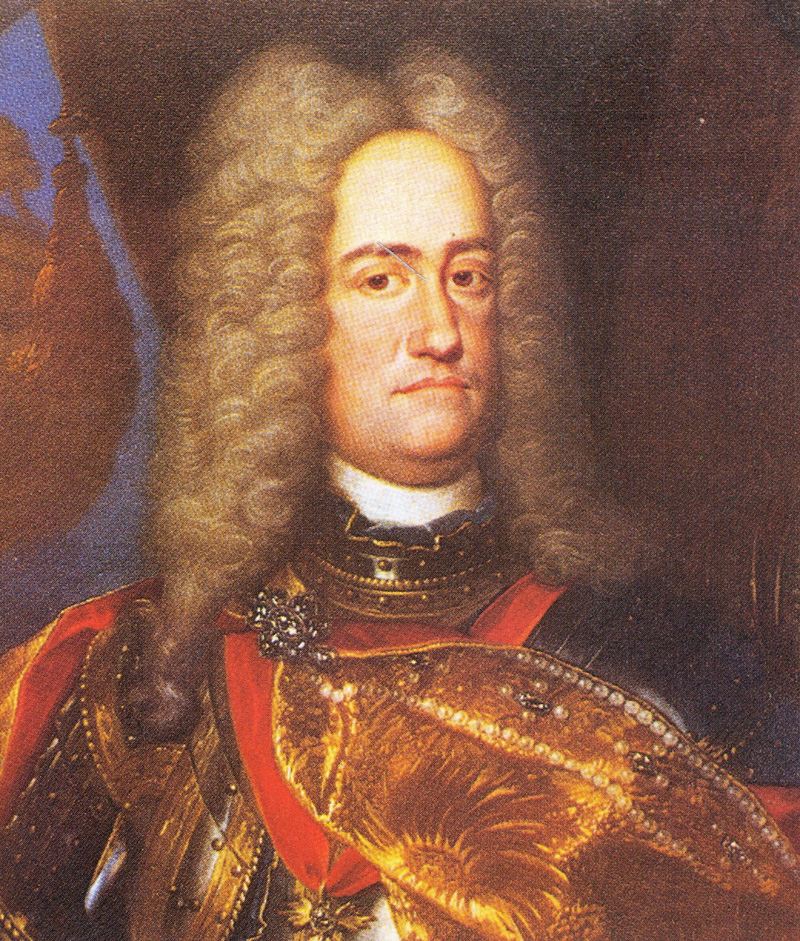
social-sciences/social-sciences-565bbb926a212.jpg
The Treaty of Utrecht said:
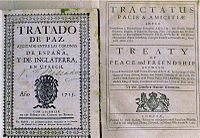
social-sciences/social-sciences-565bbb94a240b.jpg
Today we also learn about the centralized Absolutism.
Philip V was the father of Ferdinand VI, both of them with mental problems, but this didn't interfere in government.
Philip V was a bipolar king, he had a lot of mood changes; one moment he was euphoric and at other moment he had remarsc and go to confess.
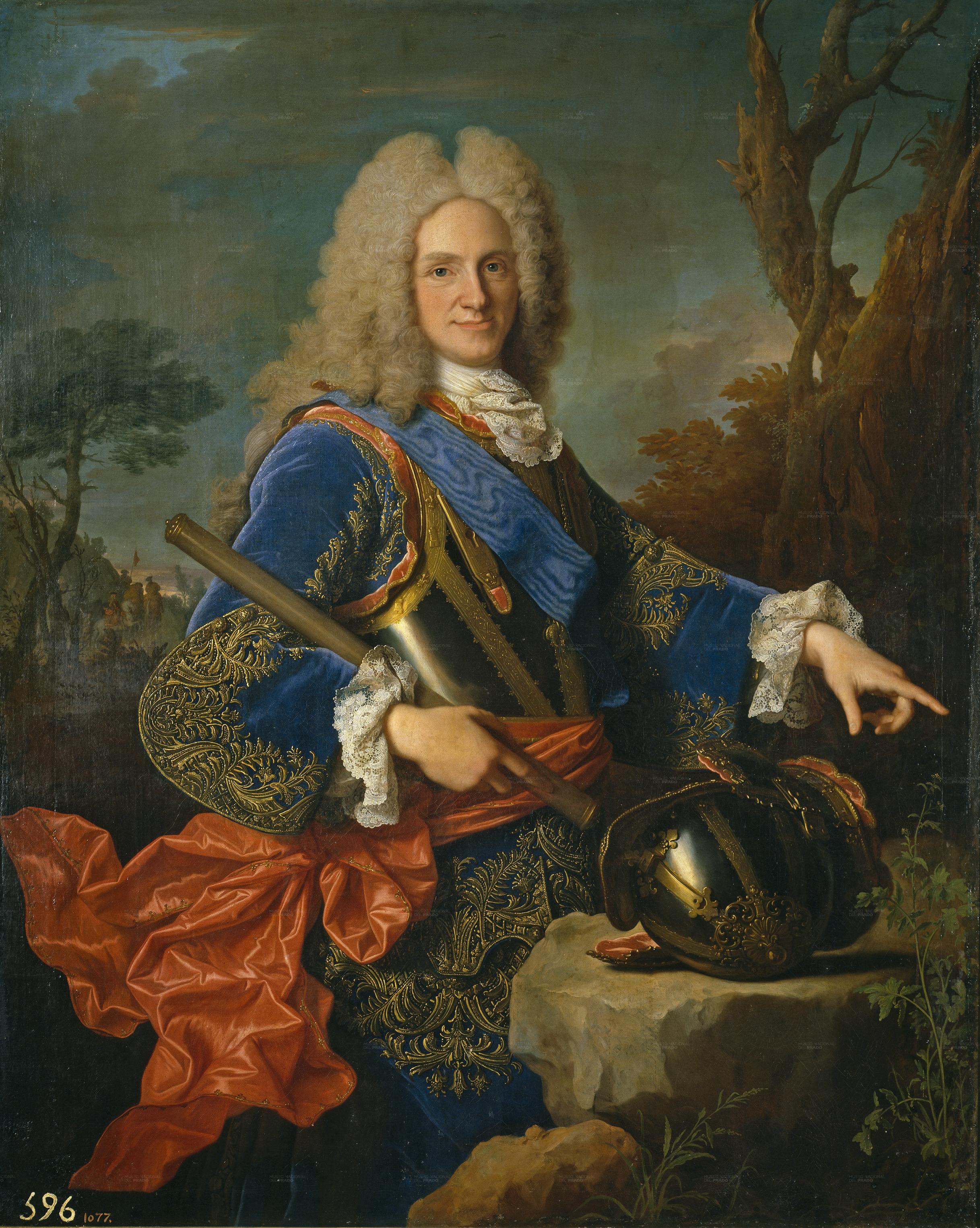 social-sciences/social-sciences-565bbb94d45f4.jpg
social-sciences/social-sciences-565bbb94d45f4.jpg
A lot of changes seccess during his reign:
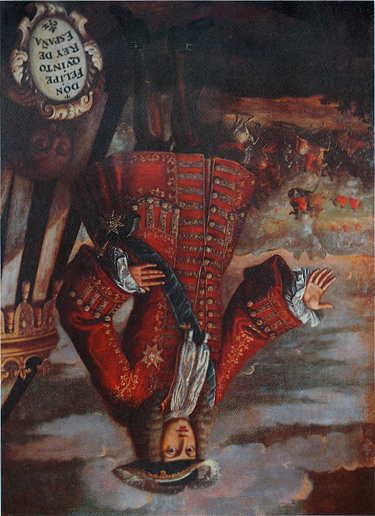
social-sciences/social-sciences-565bbb9542a48.jpg
Philip decide to adicated in favour of his first son Louis I who only reigned for 6th months.
When Louis died, Philip was forced to return to the throne.
When he died in 1746, his second son, Ferdinand VI became king.
Ferdinand only reigned during 31 years.
He normally was a normal people but when his wife died, he became crazy.
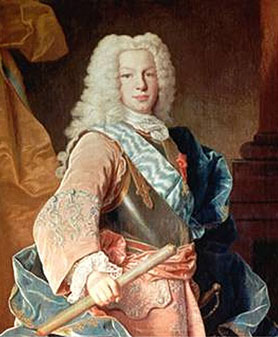 social-sciences/social-sciences-565bbb96ad9bd.jpg
social-sciences/social-sciences-565bbb96ad9bd.jpg
During his reign; some competent ministers worked like the Marquis of Ensenada and Carvajal.
The Ensenada Cadastre extended the unique contribution to Castile, rejected by the privileged.
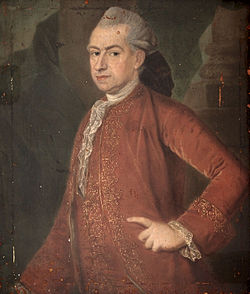 social-sciences/social-sciences-565bbb978590b.jpg
social-sciences/social-sciences-565bbb978590b.jpg
During his reign, also there was a modernization of the Navy to improve the control of the Indies.
When we died, his son Charles III became the king.
Charles was king of Naples during 20 years.
At the beginning of his reign, he had problems in his government.
In 17766 there was a revoult called Esquitache Riots.
This revoult wanted to eliminated the ordinance on clothing and the lowering od staples because he think that was a good way to preventing crimes.
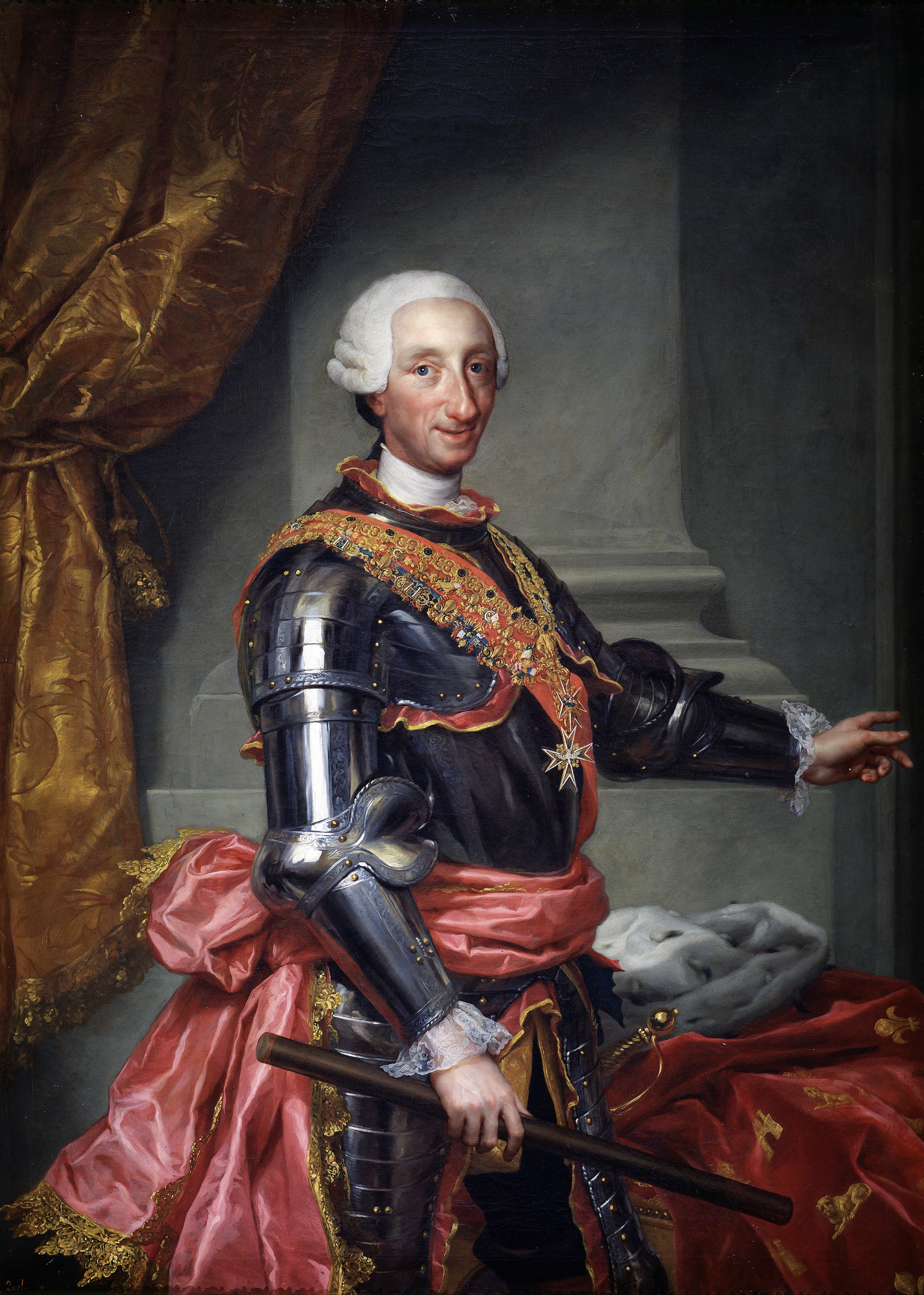 social-sciences/social-sciences-565bbb97b30fe.jpg
social-sciences/social-sciences-565bbb97b30fe.jpg
Vocabulary:
Mood- estado de ánimo.
Euphoric- euforia
Remorsc- remordimientos
Roller-Coaster- montaña rusa.
Contribution- única contribución.
Esquiladre Riots- el motín de esquilache.
Streetlights- farolas.
See you soon!!
- 16th November
Hi everyone. It?s Lorena. I?m going to talk about what we have seen in today?s lesson. At the beginning we were a little bit nervous about the incident of Paris. Paqui said that if we had time, we?d talk about it at the end of the lesson, so that?s what...
- This Day In History: Birth Of Francisco Zurbarán And The Beginnig Of The Revolt Of The Comuneros.
Hi, I?m Carlos and it?s my turn to write in the section ?this day in history?. I am going to explain you the birth of Francisco Zurbarán and the beginning of the Revolt of the Comuneros. FIRST EVENT: THE BIRTH OF FRANCISCO ZURBARÁN. Francisco...
- This Day In History: Charles V's Abdications
Hello I'm María, today I'm going to explain Charles abdications and later life. Today but 450 years ago Charles V abdicated his German possessions and the title of emperor on his brother Ferdinand. Charles abdicated the parts of his empire...
- This Day In History: Elizabeth Of France's Death
I'm inaugurating a new section on the blog called "This day in history". It consists of explaining some historical events happened on a specific date in the past. You can contribute with your own events, but respecting some rules: the events you elect...
- Monday, 28th September
Hello, I'm Diana. Today in class of Social sciences Paqui has told us what we were going to study this day. Then she has written a scheme in the blackboard about the decline of the Hispanic Monarchy during the 17th century.http://somos.vicencianos.org/blog/ano-1641/...
Social Sciences
Tuesday 19th November 2015
Hi everybody!!
Today in social sciences we reviewed what we studied the previous class about the Spanish Succession War.
We reviewed about the development of the war and when the Emperor of Austia died, the Archduke Charles became Emperor.
The Archduke was supported by the Crown of Aragón.
Finally every sides looked for an international agreement to end the war and they signed the Treaty of Utrecht.

social-sciences/social-sciences-565bbb926a212.jpg
The Treaty of Utrecht said:
- Philip V was the king.
- The European territories of the Hispanic Monarchy was distributed.
- Philip V lost his right to the first cwron.

social-sciences/social-sciences-565bbb94a240b.jpg
Today we also learn about the centralized Absolutism.
Philip V was the father of Ferdinand VI, both of them with mental problems, but this didn't interfere in government.
Philip V was a bipolar king, he had a lot of mood changes; one moment he was euphoric and at other moment he had remarsc and go to confess.

A lot of changes seccess during his reign:
- Punishment to the Crown of Aragón; all they institutions desapperared, they lost the Crown and the Cortes of Aragón desappeared, the unique contribution was a tax of 5% who hasd to pay everybody from the Aragón.
- The Cortes os Castile became the Cortes of Spain.
- Corregidores were extended to Aragón.
- Intendants of the country was divided in 21 provinves during his government.
- Also appeared the cabinet.

social-sciences/social-sciences-565bbb9542a48.jpg
Philip decide to adicated in favour of his first son Louis I who only reigned for 6th months.
When Louis died, Philip was forced to return to the throne.
When he died in 1746, his second son, Ferdinand VI became king.
Ferdinand only reigned during 31 years.
He normally was a normal people but when his wife died, he became crazy.

During his reign; some competent ministers worked like the Marquis of Ensenada and Carvajal.
The Ensenada Cadastre extended the unique contribution to Castile, rejected by the privileged.

During his reign, also there was a modernization of the Navy to improve the control of the Indies.
When we died, his son Charles III became the king.
Charles was king of Naples during 20 years.
At the beginning of his reign, he had problems in his government.
In 17766 there was a revoult called Esquitache Riots.
This revoult wanted to eliminated the ordinance on clothing and the lowering od staples because he think that was a good way to preventing crimes.

Vocabulary:
Mood- estado de ánimo.
Euphoric- euforia
Remorsc- remordimientos
Roller-Coaster- montaña rusa.
Contribution- única contribución.
Esquiladre Riots- el motín de esquilache.
Streetlights- farolas.
See you soon!!
- 16th November
Hi everyone. It?s Lorena. I?m going to talk about what we have seen in today?s lesson. At the beginning we were a little bit nervous about the incident of Paris. Paqui said that if we had time, we?d talk about it at the end of the lesson, so that?s what...
- This Day In History: Birth Of Francisco Zurbarán And The Beginnig Of The Revolt Of The Comuneros.
Hi, I?m Carlos and it?s my turn to write in the section ?this day in history?. I am going to explain you the birth of Francisco Zurbarán and the beginning of the Revolt of the Comuneros. FIRST EVENT: THE BIRTH OF FRANCISCO ZURBARÁN. Francisco...
- This Day In History: Charles V's Abdications
Hello I'm María, today I'm going to explain Charles abdications and later life. Today but 450 years ago Charles V abdicated his German possessions and the title of emperor on his brother Ferdinand. Charles abdicated the parts of his empire...
- This Day In History: Elizabeth Of France's Death
I'm inaugurating a new section on the blog called "This day in history". It consists of explaining some historical events happened on a specific date in the past. You can contribute with your own events, but respecting some rules: the events you elect...
- Monday, 28th September
Hello, I'm Diana. Today in class of Social sciences Paqui has told us what we were going to study this day. Then she has written a scheme in the blackboard about the decline of the Hispanic Monarchy during the 17th century.http://somos.vicencianos.org/blog/ano-1641/...
